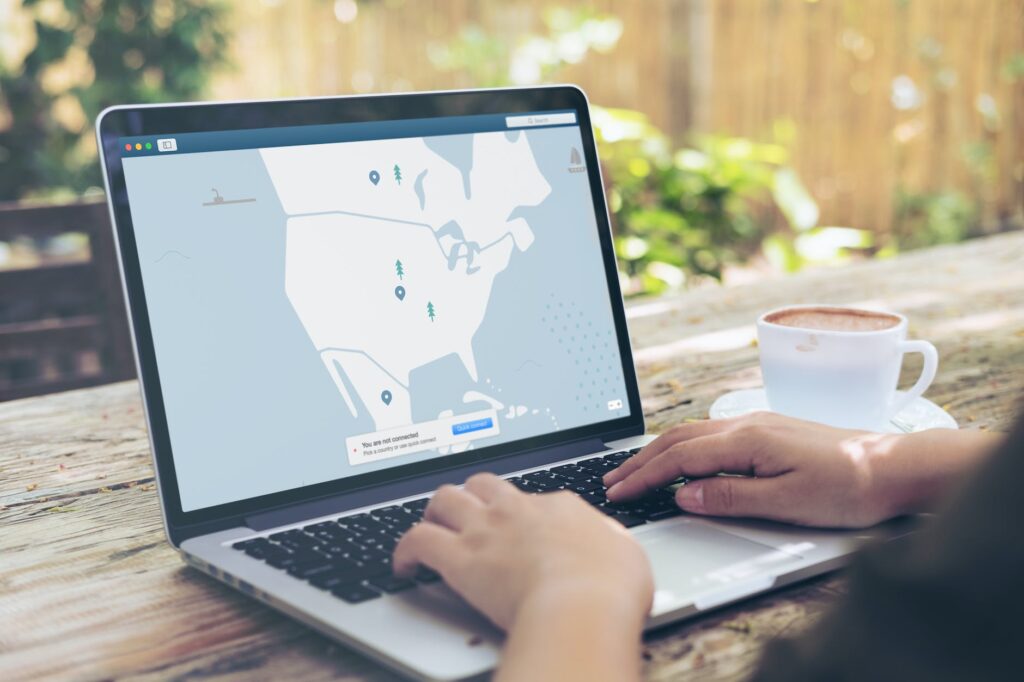The Critical Role of VPNs in Safeguarding Online Privacy
In today’s digital age, online privacy is becoming increasingly valuable. With the rise of cyber threats and data breaches, individuals and businesses seek reliable methods to secure their information. A Virtual Private Network (VPN) is a powerful tool that provides robust protection against prying eyes. This article explores the significance of VPNs in maintaining online privacy, along with tips for choosing the right VPN service.
Understanding VPNs: A Brief Overview
A VPN is a service that encrypts your internet connection, creating a secure link between your device and the internet. It masks your IP address, making your online actions virtually untraceable. As a result, VPNs play a crucial role in protecting personal information from hackers, advertisers, and government surveillance.
Key Benefits of Using a VPN
1. Enhanced Security
When using public Wi-Fi networks, your personal data is vulnerable to cybercriminals. VPNs encrypt your data, ensuring that sensitive information, such as passwords and financial details, is protected from unauthorized access.
2. Privacy Protection
VPNs allow you to browse the internet anonymously by masking your IP address. This level of privacy means that third parties, like websites and ISPs, cannot easily track your online activities.
3. Access to Geo-Blocked Content
VPNs enable users to bypass geographical restrictions and censorship, granting access to content that might be restricted in their location. Whether it’s a streaming service or a news site, VPNs can make it accessible with just a click.
4. Avoidance of Bandwidth Throttling
Internet Service Providers (ISPs) sometimes limit bandwidth for specific types of traffic. Using a VPN scrambles your traffic, making it difficult for ISPs to apply throttling practices, ensuring faster and smoother browsing.
Choosing the Right VPN: Factors to Consider
When selecting a VPN service, it’s crucial to consider various factors to ensure optimal security and performance.
1. Strong Encryption Protocols
Look for a VPN that utilizes strong encryption protocols, such as OpenVPN or IKEv2/IPsec, to ensure a high level of security for your data.
2. No-Logs Policy
To maximize privacy, opt for a VPN that offers a strict no-logs policy, meaning the service provider does not track or store your online activities.
3. Server Locations
Select a VPN with a large number of servers spread across numerous countries. This not only enhances performance but also provides more options for bypassing geo-restrictions.
4. Connection Speed
Ensure the VPN provides high-speed connections to avoid frustrating lags, which is especially important for streaming and gaming enthusiasts.
5. User-Friendly Interface
An intuitive and easy-to-navigate interface is vital for both novice and experienced users, ensuring seamless access and use.
Common Misconceptions About VPNs
Despite their growing popularity, several misconceptions about VPNs need clarification:
- VPNs Make You Completely Anonymous: While VPNs significantly increase online privacy, they cannot guarantee complete anonymity. Other practices, such as using incognito mode and regularly deleting cookies, are also recommended.
- All VPNs Are the Same: VPN services vary greatly in terms of security features, speed, and server availability. It’s important to research and choose accordingly.
- VPNs Are Only for Tech Experts: Many people view VPNs as technical and hard to set up. However, most modern VPNs are designed with user-friendly interfaces that require no technical knowledge to use.
FAQs About VPNs
1. Can VPNs Slow Down My Internet Connection?
While it’s possible for VPNs to slightly reduce your internet speed due to data encryption, reputable VPNs offer high-speed servers to minimize this impact.
2. Are VPNs Legal?
Yes, VPNs are legal in most countries. However, using them for illegal activities is against the law.
3. Can I Use a Free VPN?
While free VPNs are available, they often come with limitations, such as slower speeds, fewer server options, and potentially compromised security. It’s advisable to invest in a reliable paid VPN service.
4. Do VPNs Work on All Devices?
Most VPNs support multiple platforms, including Windows, macOS, Android, iOS, and even routers. It’s important to check compatibility with your device before choosing a service.
5. Can a VPN Protect Me from Malware?
While VPNs provide encryption and privacy, they do not protect against malware. It’s important to have separate antivirus software to guard against malicious software.
In conclusion, in a world where digital threats are increasingly sophisticated, VPNs are essential tools for safeguarding your online privacy. By encrypting your data and masking your identity, VPNs offer peace of mind for users navigating the digital landscape. Choose wisely to ensure your information remains yours alone.



